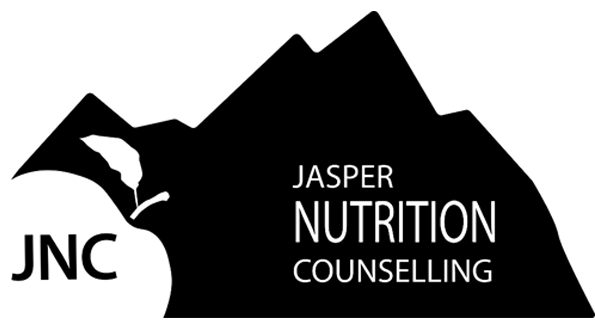What to Eat After Sport
Photo by Cel Lisboa
Have you heard of the term ‘supercompensation’? In sport training, it is your body’s adaptive response to rebound beyond its baseline function, thereby improving performance capacity. Recovery nutrition, alongside adequate rest, can help facilitate training supercompensation. Adequate nutrition can also quiet some of the stress inflicted on your body during training to prevent it from accumulating. Too much accumulated stress and inflammation can ultimately impair performance and increase your risk for illness and injury.
So, it may just be that eating well after sport is even more important than how you fuel beforehand! Let’s dive in, shall we?
What should you eat after sport?
Fluids and electrolytes are for replacing your sweat losses. You can weigh yourself before and after activity, and drink 500-750ml per pound of body weight lost. If your workout was longer than ~2 hours (or extra sweaty), you may need fluids with added electrolytes. Simpler yet, drink enough throughout the day to make sure your pee stays that pale yellow colour.
Antioxidants are for combatting inflammation and supporting immune function (because, remember, activity puts a lot of stress on your body). Antioxidants are found in brightly coloured fruits/vegetables, whole grains, pulses, nuts/seeds, olive oil, garlic, green tea, and some spices like turmeric.
Protein is for repairing muscle damage and building new muscle. Aim to consume about 15-25g in the recovery period, but this can vary based on your body weight. A few examples are 2-3 eggs, 3-4oz of meat or fish, or ¾-1 cup of greek yogourt, pulses, or edamame beans. Feel free to mix and match protein foods to reach your goals.
Carbohydrates are for topping up your muscle glycogen stores and reducing muscle protein breakdown. The ideal ratio of carbohydrate to protein is ~3-4g:1g in the recovery period. So, if you’re aiming for 15g of protein, you’ll also want to add about 45g of carbs to that. A few examples of 45g are 1 bagel, 1 ½ cup of fruit, or 3 cups of milk.
Photo by Sebastian LP
The meal and snack ideas listed below, will help you to blend all of the above recovery nutrition strategies! Remember that everyone is different in regards to how much they need to eat after sport, and this may change from day to day, so just listen to your hunger and fullness cues. Your body is pretty smart.
Meal & snack ideas:
- greek yogourt or cottage cheese + banana
- order of salmon sushi rolls + small side salad
- pasta + meat and/or bean tomato sauce
- quinoa + tofu + veggie stir-fry
- baked sweet potato + chicken + roasted broccoli
- egg + tomato + spinach bagel sandwich
- large glass of milk (make it chocolate!) + berries
- tuna or hummus + whole grain crackers + carrots
- roasted chickpeas spiced with turmeric
- fruit salad + mixed nuts/seeds
- fruit smoothie made with your favourite protein-powder
When should you eat after sport?
Rehydrating should begin soon after finishing your training session or event, however, the urgency for carbohydrate and protein after exercise depends on how long you have until your next exercise session. The body is most effective at recovery in the first ~60-90min after exercise, however recovery will continue to occur for another ~12-24hr.
So, if you have a quick turn-around between sessions, it is a good idea to maximize your recovery in the first 60-90 minutes. If you’ve got more than 8-10hr between your sporting events, you could simply use your next regular meal as your recovery nutrition. Alternatively, you may benefit from splitting your recovery into two parts with a small snack soon after exercise to kick start the recovery process, followed by your next main meal to complete your recovery goals.
And that wraps up my sport nutrition 3-part series! If you missed parts 1 and 2 you can find them here:
Part 1 - What to Eat Before Sport
Part 2 - What to Eat During Sport
-K


